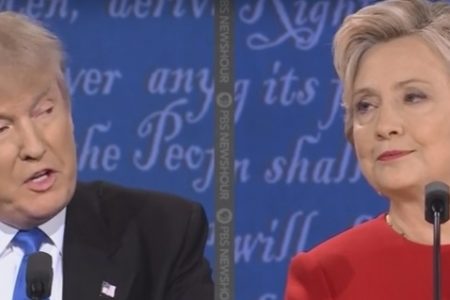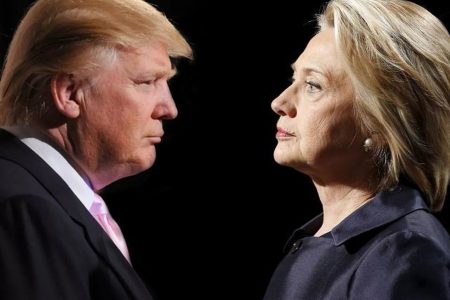Is Alexander Pechtold the Dutch Michael Dukakis of 2015?
At the close of the pre-election debate, a poll by RTL news showed Alexander Pechtold, leader of the opposition party D66, narrowly in the lead over prime minister Mark Rutte (VVD). But from a psychological point of view Rutte was the clear winner...
... especially in the debate about jihadism.
Emotions
Some subjects trigger strong emotions, and it is generally not wise to let these emotions determine your actions. But not giving emotions sufficient recognition can have equally disastrous effects for a politician. In the presidential debate before the U.S. elections in 1988, Democratic candidate Michael Dukakis was asked a question about the death penalty (which he was opposed to). The question went: “Governor, if [your wife] were raped and murdered, would you favor an irrevocable death penalty for the killer?” In response, Dukakis calmly reiterated his opposition to capital punishment and launched into a cerebral discourse about the problems with the death penalty. His lead over George Bush sr. instantly evaporated. All the Republicans had to do was ensure the subject remained on the agenda until the election.
Dukakis’s mistake
Dukakis’s mistake was not that he stuck to his position – it would have seemed very fickle to suddenly change his stance – but that he ignored the emotion that everyone naturally feels when confronted with such a question. The right answer would have been something like: “Well naturally my first instinct would be to want to kill the guy with my bare hands. Nevertheless, I do remain opposed to the death penalty”.
Acknowledge emotions
Something similar happened during the Dutch pre-election debate on the RTL4 news on 5th March. Four of the five debaters stated that they disagreed with the statement “It would be better for jihadists to be slain abroad than for them to return to the Netherlands”. The attacks in Brussels, Paris, and Copenhagen were still fresh in people’s minds, but only Rutte opted to acknowledge these emotions. For many people the primary, emotional response would be “of course it would be better if they were slain there rather than that they come back and blow themselves up here”. Whether we will subsequently be open to other views depends partly on whether the politician takes our primary emotions seriously.
More nuanced response after primary response
Rutte took the stance that the security and safety of our society as a whole is more important to him than that of a few individuals who have turned their backs on us. Pechtold and the other debaters would have done well not to condemn Rutte’s views, but to admit clearly that this had been their primary response, too; they could then have gone on to explain their more nuanced response. The more they attack Rutte on this issue over the next few days, the stronger his position will become. This debate may turn out to be the crucial turning point in this short campaign.
Dutch elections
On 18 March, voters in the Netherlands elect the members of the States-Provincial, who will in turn elect the members of the Senate three months later.





